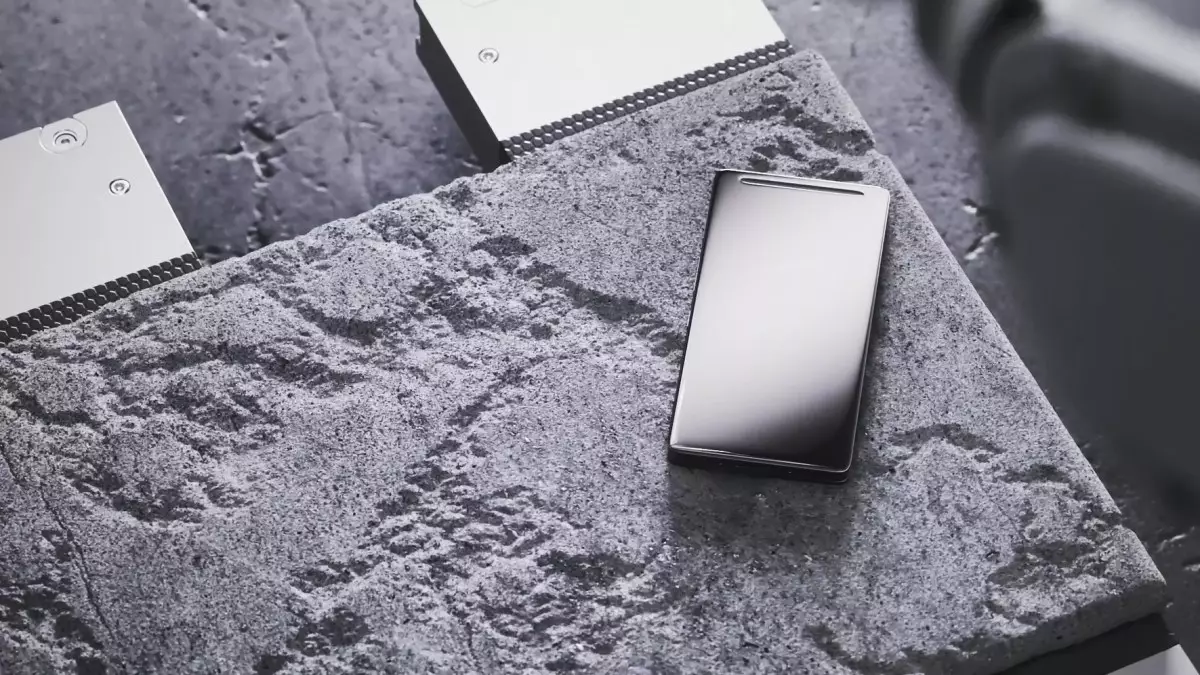The technology market, particularly the segment involving advanced materials, constantly navigates the intricate landscape of competition law and regulatory scrutiny. Recently, Corning, a prominent player in the glass manufacturing industry known for its Gorilla Glass, found itself facing a significant investigation by the European Union (EU). This investigation, which focuses on potential exclusive dealing practices, prompted Corning to propose substantial modifications to its contractual terms with device manufacturers and finishers. This article examines the implications of Corning’s strategic maneuvers in response to the EU’s scrutiny, the potential impact on the industry, and the broader context of such regulatory actions.
Corning’s involvement with major electronic brands, most notably Apple’s iPhone, highlights the company’s critical role in the mobile device supply chain. The EU’s competition investigation named concerns over exclusive dealing practices that could stifle market competition by preventing other suppliers from entering favorable agreements with original equipment manufacturers (OEMs). Such practices can inadvertently establish monopolistic conditions, diminishing choices for both manufacturers and consumers.
The significance of this investigation cannot be overstated; the potential penalties imposed by the EU for confirmed breaches of competition rules can reach up to 10% of a company’s global annual turnover. Thus, the stakes are exceedingly high for Corning as it works to navigate this legal storm while maintaining its market position.
Corning’s Strategic Response
In light of the investigation, Corning has proposed a suite of changes to its contract clauses, primarily aimed at dispelling the EU’s concerns. By waiving exclusivity clauses across all current agreements for Alkali-aluminosilicate glass (used mainly in mobile device displays), Corning appears to be adopting a more inclusive business model. Additionally, the company has committed to not requiring OEMs to source any specific quantities of glass from it, which directly addresses the exclusivity concerns highlighted by the EU.
Corning’s proposed changes also extend to finishers—third-party entities that process raw glass—indicating a comprehensive strategy that mitigates potential anti-competitive behavior across its supply chain. By ensuring that finishers have the liberty to source from various suppliers, Corning is not only aiming to comply with regulatory expectations but is also fostering a more competitive environment in its market.
Market Feedback and Future Implications
The EU’s decision to solicit industry feedback on Corning’s proposals illustrates a crucial step in the regulatory process. With a window of approximately six weeks for comments, stakeholders within the market must evaluate whether Corning’s commitments sufficiently address the concerns raised. Should the EU accept these proposals, they would become legally binding for a duration of nine years, monitored by a designated trustee responsible for ensuring compliance.
These developments could catalyze a shift in industry standards. Other manufacturers might follow suit, reevaluating their own contractual practices to preempt similar scrutiny, potentially resulting in an industry-wide shift toward more transparent and competitive practices. This could lead to enhanced cooperation and possibly innovation as material suppliers learn to navigate a more open market landscape.
Corning’s willingness to abandon exclusivity clauses and condition agreements demonstrates a proactive approach toward compliance and transparency. The commitment to communicate changes effectively with device makers and finishers, especially in languages that cater to significant market stakeholders (such as English and Mandarin), indicates a concerted effort to build stronger relationships and maintain trust in the business community.
Moreover, Corning’s pledge to limit patent enforcement claims strictly to patent infringement, rather than contract violations, can initiate a broader dialogue about how intellectual property laws interact with competitive behavior. This proposed shift not only influences Corning’s legal standing but may also set a precedent within the industry regarding the enforcement of patent rights and the obligations that come with them.
Corning’s strategic adjustments in response to the EU investigation reveal an essential aspect of corporate governance: adaptability. The steps taken not only seek to mitigate the impacts of regulatory scrutiny but also aim to reinforce Corning’s position within the highly competitive landscape of glass manufacturing for electronic devices. While the full ramifications of these proposed changes will ultimately depend on the EU’s acceptance and the subsequent market response, it is clear that Corning is poised to address regulatory challenges innovatively, setting a tone for collaboration and compliance that could reshape the industry’s future.

